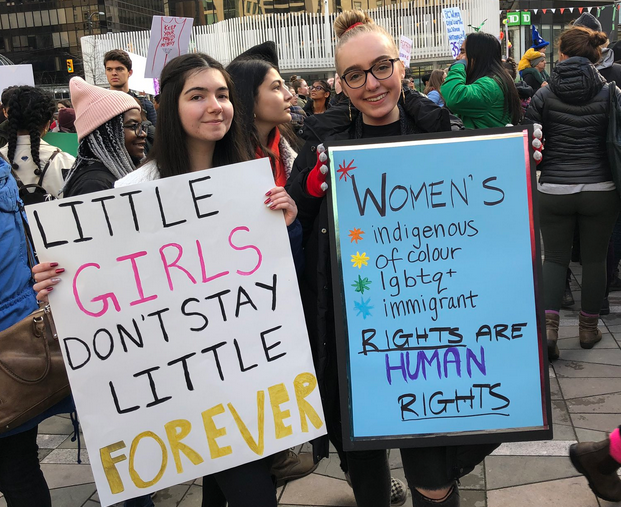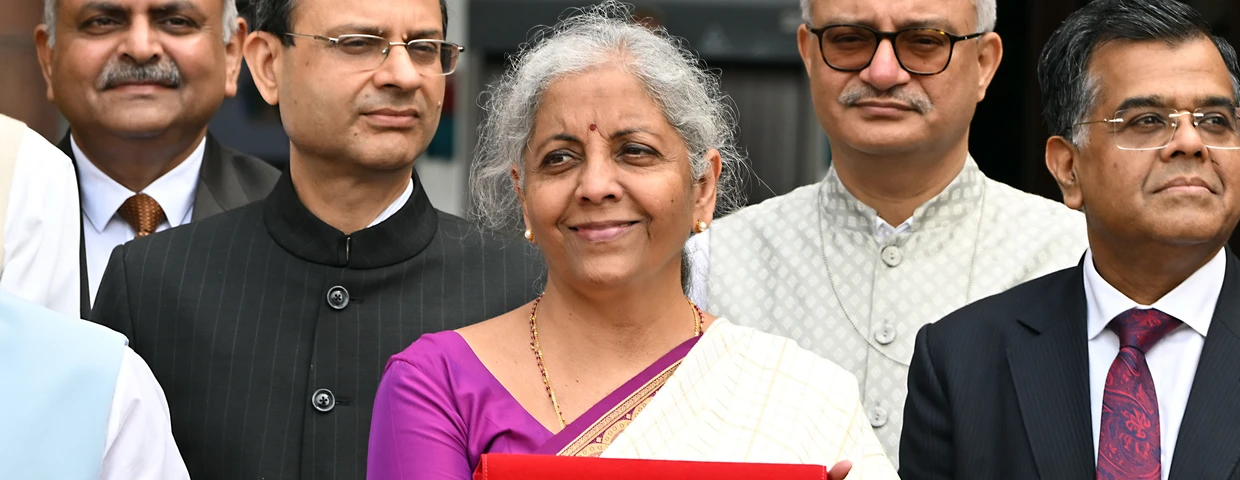Across Canada, the principle of equalization is celebrated as a cornerstone of fairness in public service funding. Yet, a staggering oversight exists: the exclusion of Indian reserves from this funding mechanism. With 330,000 individuals living on reserves—more than the populations of several provinces and territories—this omission not only reflects a grim reality but also signifies a legal and moral failure of the Canadian government. The implications are dire, as basic services such as education, healthcare, and clean water remain woefully underfunded.
Equalization Payments Favor Provinces Over First Nations
The Canadian equalization model, which distributes over $25 billion annually to poorer provinces, has created a glaring disparity between Indigenous and non-Indigenous communities. For instance, provinces like Manitoba and New Brunswick received billions in unconditional transfers, while Indian reserves, despite their pressing needs, are left out of this equation. This situation is not merely an administrative oversight; it is a systemic neglect that perpetuates inequality.
Legal Framework Fails Indigenous Communities
According to the University of Toronto Law Journal, the constitutional silence regarding Indian reserves under Section 36 of the Constitution Act, 1982 reveals a troubling gap in legal commitment. While this section mandates that provincial governments ensure comparable public services, it fails to extend this obligation to Indigenous communities. The exclusion of reserves from equalization payments illustrates a profound moral failure to uphold the rights of Indigenous peoples.

Hundreds march for women"s rights in Vancouver - Tri-City News
Systemic Inequity in Public Services
The effects of this legal exclusion are tangible and catastrophic. Basic services on reserves are subpar, with inadequate policing, educational resources, and healthcare. For instance, the federal government has stated its commitment to improved education for First Nations students but distinguishes this as a policy goal rather than a legal obligation, as reported by the Project MUSE. This distinction reinforces a troubling narrative: that Indigenous communities are not entitled to the same standard of living as their non-Indigenous counterparts.
Discrepancies in Taxation and Service Quality
Some might argue that lower taxation on reserves justifies inferior services. However, this rationale falls apart when we consider that many reserves live below the poverty line and generate minimal revenue, regardless of tax exemptions. The Canadian government"s claim that service levels are proportionate to tax rates is simply inadequate. As noted by legal experts, the revenue generated from reserves, even at standard taxation levels, would not significantly alter the funding landscape. Therefore, the lack of equalization payments cannot be justified on these grounds.

India"s Move on Equalization Levy Signals Potential Policy Shift
Historical Context and the Call for Change
Historically, the Canadian government has recognized the importance of equitable public services in fostering national unity. Prime Minister Pierre Elliott Trudeau emphasized that poor service delivery in one region affects all Canadians by disrupting the social fabric. If this principle applies to provinces, it must also extend to Indigenous communities, whose needs are often overlooked. The failure to address the inequities faced by those living on reserves is a direct contradiction to the values espoused in the Charter of Rights and Freedoms, particularly in Section 36, which asserts a commitment to providing essential public services of reasonable quality to all Canadians.




![[Video] U.S. Education Secretary Linda McMahon addresses antisemitism and DEI in universities](/_next/image?url=%2Fapi%2Fimage%2Fthumbnails%2Fthumbnail-1764701456714-dldg8o-thumbnail.jpg&w=3840&q=75)


![[Video] Gunfire between Iraqi security forces and Sadr militias in Baghdad](/_next/image?url=%2Fapi%2Fimage%2Fthumbnails%2Fthumbnail-1768343508874-4redb-thumbnail.jpg&w=3840&q=75)
